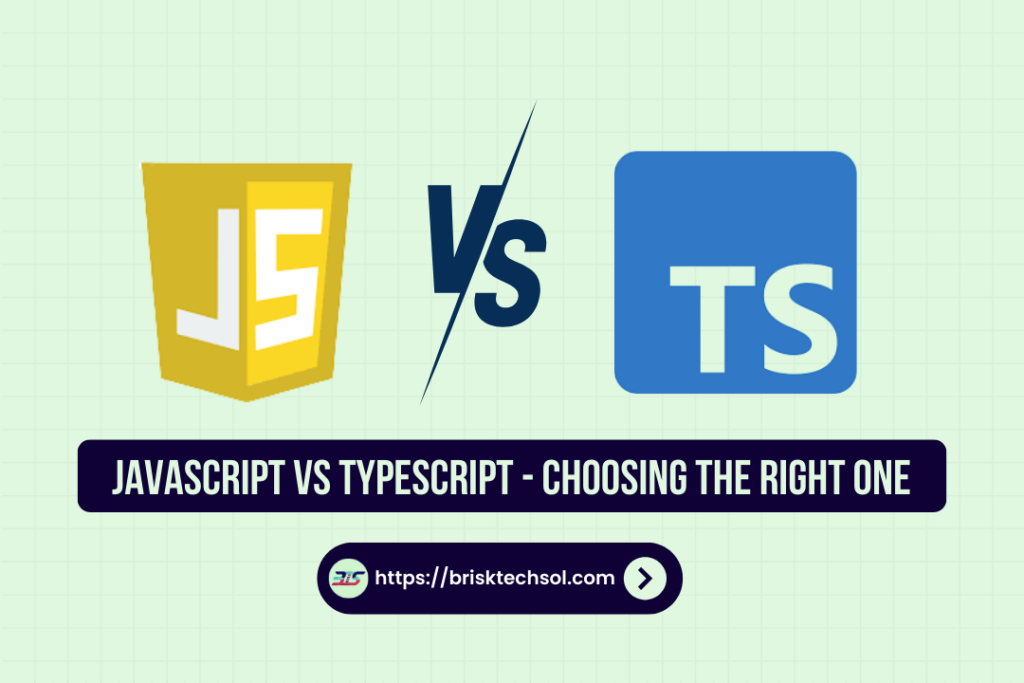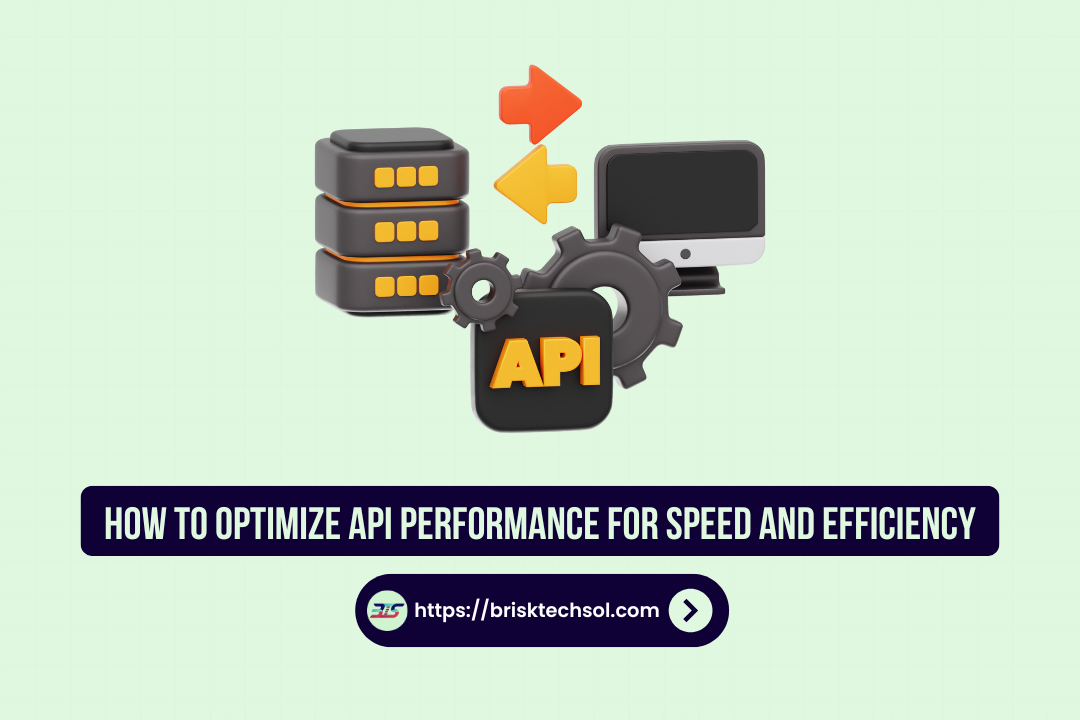JavaScript and TypeScript are two of the most widely used programming languages in web development. JavaScript is the backbone of the web, while TypeScript, a superset of JavaScript, brings additional features like static typing and enhanced tooling. This article provides an in-depth comparison of JavaScript vs TypeScript, highlighting their differences, pros and cons, performance, and best use cases.
What is JavaScript?
Definition and Background
JavaScript (JS) is a high-level, dynamic programming language designed for web development. Initially created by Brendan Eich in 1995, JavaScript has evolved into a versatile language used on both the frontend and backend.
Key Features of JavaScript
- Interpreted Language – Runs directly in web browsers without compilation.
- Dynamic Typing – Variables can hold any data type without explicit declaration.
- Event-Driven & Asynchronous – Supports asynchronous operations using callbacks, promises, and async/await.
- Prototype-Based Object-Oriented – Uses prototypes instead of traditional classes.
- Wide Ecosystem – Supported by numerous frameworks like React, Angular, and Vue.js.
Common Uses of JavaScript
- Web development (frontend and backend with Node.js)
- Mobile applications (React Native, Ionic)
- Game development (Phaser.js)
- Server-side scripting (Node.js, Express.js)
What is TypeScript?
Definition and Background
TypeScript (TS) is a statically typed, compiled superset of JavaScript developed by Microsoft in 2012. It extends JavaScript by adding static types, interfaces, and better tooling support.
Key Features of TypeScript
- Static Typing – Variables have fixed types, reducing runtime errors.
- Compilation to JavaScript – TypeScript code is compiled into JavaScript before execution.
- Improved Code Maintainability – Type annotations and interfaces make large-scale applications easier to manage.
- Better Debugging – Errors are caught at compile-time rather than runtime.
- Enhanced Tooling Support – Works seamlessly with modern editors like VS Code, offering autocompletion and refactoring tools.
Common Uses of TypeScript
- Large-scale web applications
- Enterprise projects
- Frontend frameworks like Angular
- Backend development with Node.js
Key Differences Between JavaScript and TypeScript
| Feature | JavaScript | TypeScript |
|---|---|---|
| Typing | Dynamic | Static |
| Compilation | Not required | Required (compiled to JS) |
| Error Handling | Runtime errors | Compile-time errors |
| Tooling Support | Basic | Advanced (autocompletion, refactoring) |
| Scalability | Best for small projects | Best for large-scale applications |
- Static Typing vs Dynamic Typing
- JavaScript allows flexible variable assignments, which can cause runtime errors.
- TypeScript enforces strict types, reducing the likelihood of errors.
- Compilation vs Interpretation
- JavaScript runs directly in the browser.
- TypeScript must be compiled into JavaScript before execution.
- Performance Considerations
- TypeScript introduces an additional compilation step but does not affect runtime performance.
- Use Cases
- JavaScript is great for small, fast projects.
- TypeScript is better suited for large, complex applications.
Pros and Cons of JavaScript
Pros of JavaScript
✅ Widely Used & Supported – Runs in all browsers without setup.
✅ No Compilation Required – Directly interpreted by browsers.
✅ Lightweight and Fast – Ideal for frontend scripting.
✅ Massive Ecosystem – Rich frameworks (React, Vue, Angular).
Cons of JavaScript
❌ Runtime Errors – No static typing increases chances of bugs.
❌ Complex Debugging – Issues may only appear during execution.
❌ Security Issues – Prone to vulnerabilities like XSS and CSRF.
Pros and Cons of TypeScript
Pros of TypeScript
✅ Type Safety – Reduces bugs with static typing.
✅ Better Debugging – Errors caught at compile-time.
✅ Improved Code Maintainability – Useful for large-scale applications.
✅ Supports Modern JavaScript – Works with latest ECMAScript features.
Cons of TypeScript
❌ Requires Compilation – Slower development process due to transpilation.
❌ Learning Curve – JavaScript developers need to learn TypeScript syntax.
❌ Verbose Code – More annotations increase code size.
When to Use JavaScript vs TypeScript?
Use JavaScript When:
✔ You need quick development for small projects.
✔ You are building simple frontend applications.
✔ Performance optimization is crucial (avoiding compilation overhead).
Use TypeScript When:
✔ You are developing large, scalable applications.
✔ You want to prevent runtime errors with static typing.
✔ You need better IDE support and code maintainability.
Industry Trends:
- JavaScript remains dominant in frontend development.
- TypeScript is gaining popularity, especially in enterprise applications and modern frameworks like Angular.
Performance Comparison: JavaScript vs TypeScript
| Factor | JavaScript | TypeScript |
|---|---|---|
| Execution Speed | Faster | Same (compiles to JS) |
| Development Speed | Faster for small projects | Better for large projects |
| Debugging Efficiency | Harder | Easier (due to static typing) |
- TypeScript does not improve runtime performance since it compiles into JavaScript.
- However, development efficiency improves as TypeScript reduces debugging time.
Conclusion
JavaScript and TypeScript each serve different purposes in web development. JavaScript remains a flexible and widely supported language, while TypeScript enhances scalability and maintainability through static typing. The choice between JavaScript vs TypeScript depends on project size, complexity, and long-term maintainability needs.
FAQ’S
1. Is TypeScript faster than JavaScript?
No, TypeScript does not improve runtime speed because it compiles to JavaScript before execution. However, it enhances development speed by reducing bugs.
2. Can TypeScript replace JavaScript?
Yes, TypeScript is a superset of JavaScript, meaning it can be used in place of JavaScript for most projects.
3. Do I need JavaScript before learning TypeScript?
Yes, since TypeScript builds on JavaScript, learning JavaScript first is recommended.
4. Is TypeScript better for backend development?
Yes, TypeScript is great for backend development, particularly with Node.js, due to better maintainability.
5. What are the top companies using TypeScript?
Microsoft, Google, Airbnb, Slack, and Asana use TypeScript for scalable applications.









